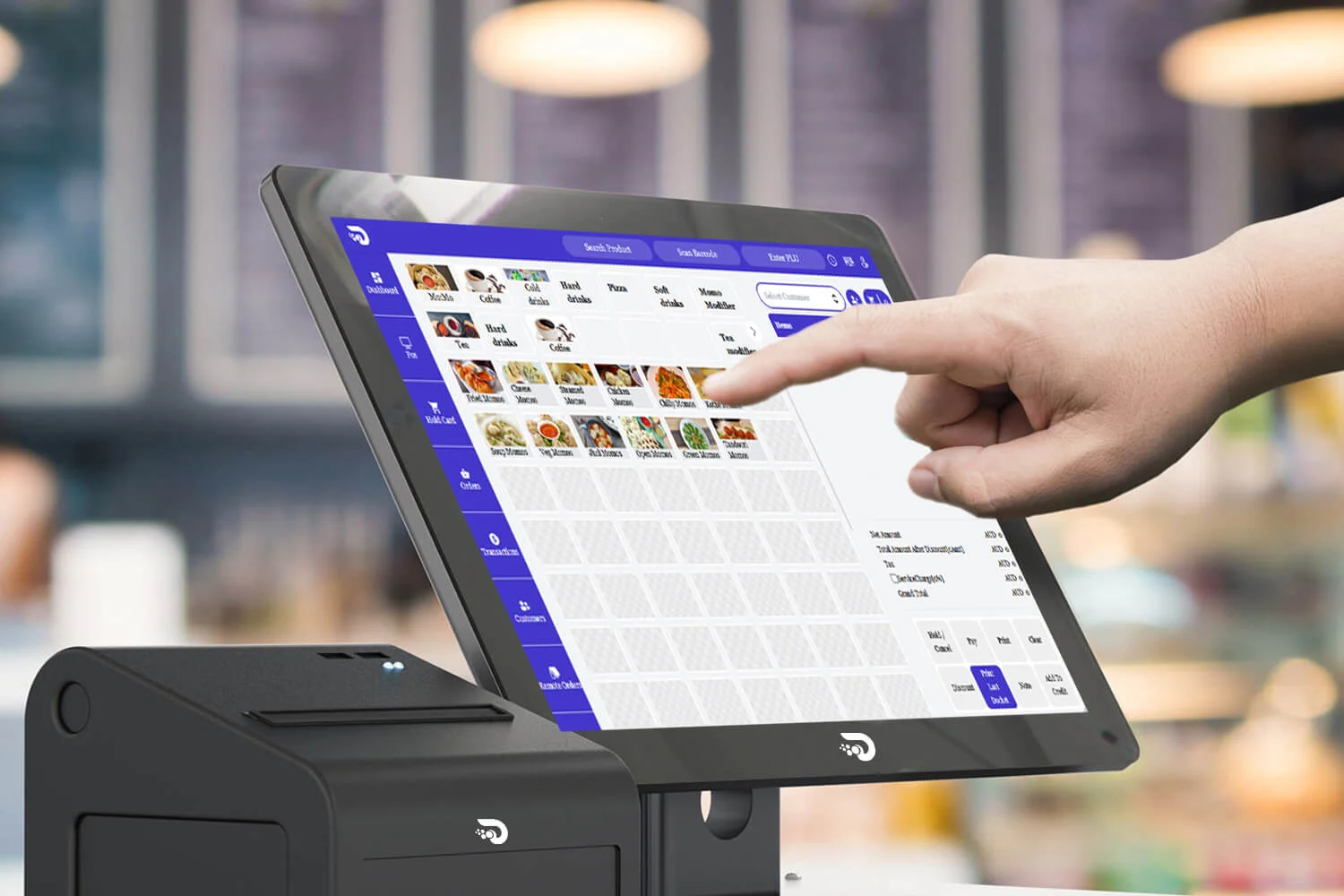Fortify Your POS System: Unstoppable Strategies to Protect Your Business and Customer Data

In the digital age, the Point of Sale (POS) system is a critical component for businesses of all sizes, particularly in the retail and hospitality industries. These systems handle not only transaction processing but also inventory management, customer relationship management, and various other essential functions. However, as the reliance on POS systems grows, so do the security risks associated with them. Ensuring the security of your POS system is crucial to protecting both your business and your customers’ data.
Understanding POS System Security Risks
POS systems are attractive targets for cybercriminals because they process a vast amount of sensitive data, including credit card information, personal identification details, and transaction records. A security breach can result in significant financial losses, reputational damage, and legal consequences. The primary security risks associated with POS systems include:
- Malware and Viruses: Cybercriminals often use malware to infiltrate POS systems. This malicious software can capture and transmit credit card data to unauthorized parties. Common types of POS malware include RAM scrapers, which extract data from the system’s memory.
- Phishing Attacks: Phishing involves tricking employees into divulging sensitive information, such as login credentials, through deceptive emails or websites. Once cybercriminals obtain this information, they can access the POS system and the data it holds.
- Weak Passwords and Credentials: Using weak or default passwords makes it easier for attackers to gain unauthorized access to the POS system. Once inside, they can manipulate the system, steal data, or install malware.
- Unsecured Networks: POS systems often rely on network connections to operate. If these networks are not properly secured, they can be vulnerable to interception and unauthorized access.
- Outdated Software: Failing to update the POS system and its associated software can leave vulnerabilities unpatched, providing an easy entry point for attackers.
Also read: How Modern POS Systems Are Revolutionizing the Food Truck Industry
Best Practices for Securing Your POS System
To protect your business and customer data, it is essential to implement robust security measures for your POS system. Here are some best practices to consider:
- Regular Software Updates: Ensure that your POS software, operating system, and any connected applications are regularly updated. These updates often include security patches that address known vulnerabilities.
- Strong Password Policies: Enforce the use of strong, unique passwords for all user accounts. Passwords should include a mix of letters, numbers, and special characters. Additionally, implement multi-factor authentication (MFA) for an added layer of security.
- Network Security: Secure your network with firewalls, encryption, and secure Wi-Fi protocols. Segment the network to ensure that the POS system operates on a separate, isolated network from other devices.
- Employee Training: Educate your employees about the importance of POS system security. Conduct regular training sessions on recognizing phishing attempts, the importance of secure passwords, and safe internet practices.
- Monitor and Audit: Regularly monitor the POS system for unusual activity. Implement logging and auditing processes to track access and modifications to the system. This can help identify potential security breaches early.
- Data Encryption: Use encryption to protect sensitive data both in transit and at rest. Encrypting credit card information and other personal data can prevent unauthorized access even if the data is intercepted.
- PCI DSS Compliance: Adhere to the Payment Card Industry Data Security Standard (PCI DSS) guidelines. These standards provide a framework for securing credit card transactions and include requirements for protecting cardholder data.
- Physical Security: Protect the physical components of your POS system. Ensure that terminals and other devices are securely mounted and access to them is restricted to authorized personnel only.
The Consequences of Neglecting POS System Security
Failing to secure your POS system can have severe consequences. Data breaches can lead to financial losses due to fraudulent transactions and the cost of addressing the breach. Additionally, businesses may face legal penalties for failing to protect customer data. The reputational damage from a breach can also result in lost customers and decreased trust in your brand.
Conclusion
In conclusion, POS system security is a critical aspect of protecting your business and customer data. By understanding the risks and implementing best practices, you can significantly reduce the likelihood of a security breach. Regular updates, strong passwords, network security, employee training, and compliance with industry standards are all essential components of a robust POS system security strategy. Prioritizing the security of your POS system not only safeguards your business but also ensures that your customers’ data is protected, fostering trust and loyalty in your brand.
Visit our site at www.dibtech.com.au
Visit our YouTube channel for tutorials Dibtech






